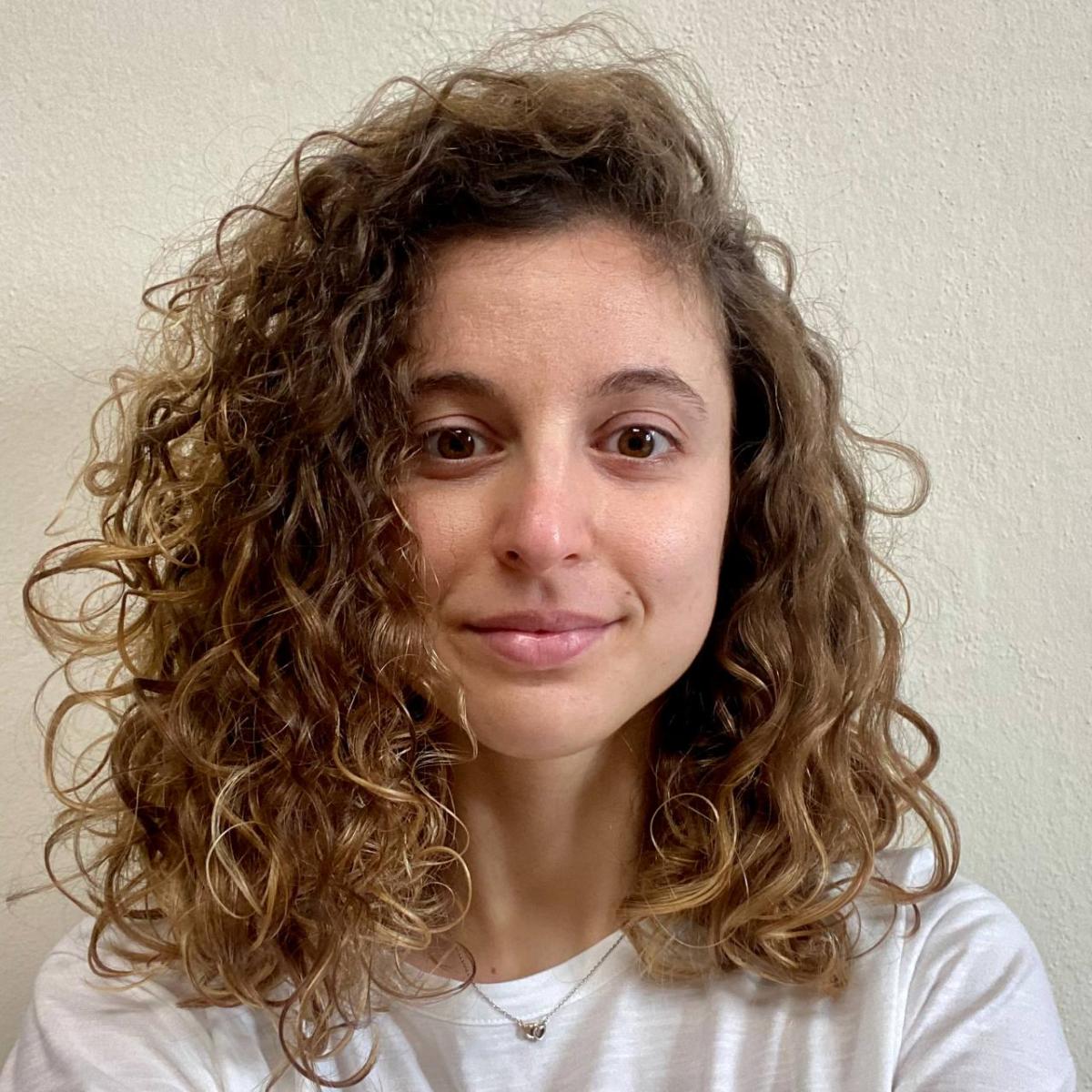
Curriculum
Computer Science for Societal Challenges and Innovation, XXXVIII series
Grant sponsor
"Smart PhD" - Fondazione CARIPARO, Intesa Sanpaolo S.p.A., UniSMART
Supervisor
Lamberto Ballan
Co-supervisor
s
Gianluca Campana
Contact
elena.izzo@studenti.unipd.it
Project description
Over the last few years, deep neural networks, in particular deep convolutional neural networks, have transformed the field of computer vision, making models able to learn high-level visual features from the input data. Several state-of-the-art models in various computer vision tasks (image classification, object detection, object tracking, action anticipation, action prediction …) are based on the supervised learning paradigm that is characterized by the use of human-annotated labels during the training process. Recently, the amount of labeled data has increased rapidly and, consequently, there has been tremendous progress in the creation of models able to learn from massive amounts of carefully labeled data. However, the annotation process is ambiguous, inefficient, and costly in terms of both time and resources. On the other hand, the self-supervised learning paradigm is an alternative form of supervision where the model learns directly from the input data using algorithmically produced labels. This technique mimics the innate human capacity of autonomously and incrementally developing always more complex knowledge and skills without requiring a constant and massive amount of teaching for every single task. Thanks to this paradigm, the models acquire solid background knowledge that can be then transferred to solve supervised vision tasks. My project focuses on self-supervised and incremental learning paradigms applied in computer vision scenarios and my purpose is to push the boundaries through the introduction of new and powerful learning techniques to significantly boost models for supervised vision tasks. Self-supervised and incremental learning paradigms, the transfer of knowledge, and the adaptation of the vision models could have a huge impact on many different practical scenarios in-the-wild like autonomous driving, industry, agriculture, health care, and human-machine interactions. These techniques can be directly applied to the “Vision and AI for garden care” project in collaboration with Stiga SpA.